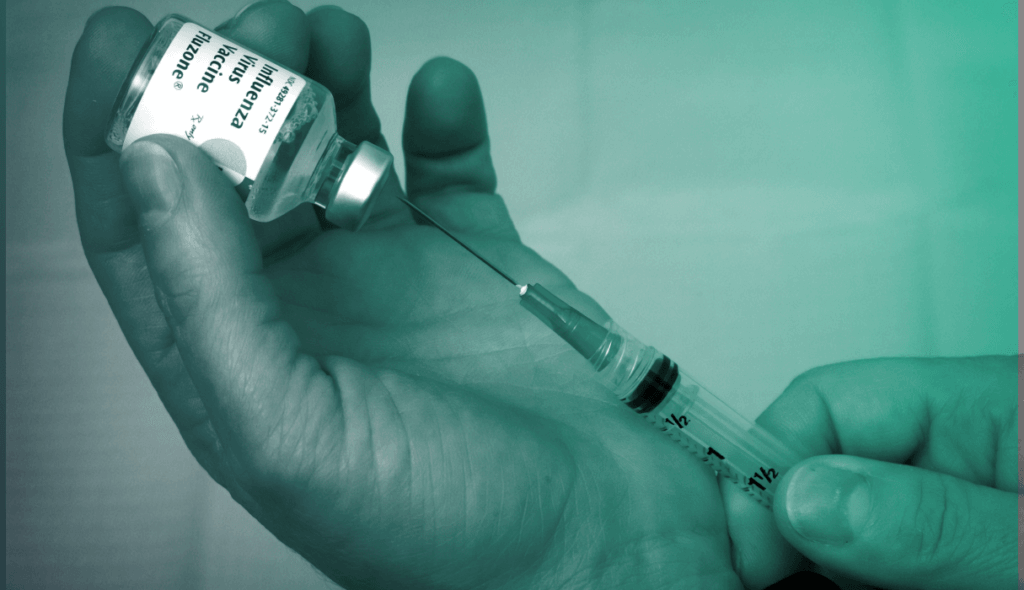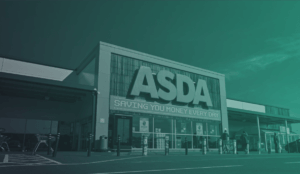In fact, as we get ever closer to the turn of the new year, the light at the end of the tunnel seems to be growing bigger and bigger.
There’s been a panoply of vaccine news in recent weeks; everything from Dolly Parton’s gracious donations to impressive success-rate statistics for the phase 3 trials. Yes, from what we’ve been told things are looking positive, but with a huge amount of pressure on the supply chain, now is the time to make important decisions to help mitigate wastage. Deputy chief medical officer Prof Jonathan Van-Tam said the vaccine needs to be deployed “as fast” and at the “highest volume” as possible. This suggests to us that the margin for error could be higher, potentially resulting in the loss of tens of thousands of vaccines.
Of course, the last thing we ever want to happen is the unnecessary loss of vaccines – especially right in the middle of a global health emergency. But in order to prevent wastage, first, we need to know what causes it, and why there is a presumed 10% loss figure attributed to the 40 million vaccines pre-ordered by our government.
How do vaccines get damaged?
Like most consumables, vaccines also have a shelf life. New Scientist reported that the vaccine has to be kept at -70° C and to maintain that temperature they need reliable freezers. But Pfizer has invented a distribution container that keeps the vaccine at that temperature for 10 days if unopened, which I’m disappointed to report, is not called a Pfreezer. New Scientist said, “once thawed, the vaccine can be stored in a regular fridge at 2°C to 8°C for up to five days.”
To avoid vaccines being damaged in transit or off-site clinics, it’s fairly common for companies to use portable freezer units and temperature monitoring systems – which is why this is super important for us at Hark, being providers of asset monitoring systems, after all.
Standardised Laboratory Environments.
With the above in mind, you’ll probably have a feel for just how important fridge monitoring systems are in science labs. But it isn’t just fridges and freezers – asset monitoring in these sorts of environments extends across an entire array of devices from incubators to room thermostats – all of which plays a fundamental role in the reduction of waste and the controlling of variables in lab environments.
Vaccines in transport and cold chain management.
Medical fridge monitoring and the storage of vaccines isn’t a dilemma localised to laboratories – it reaches and, unfortunately, interrupts the supply chain. That’s because the supply chain for a vaccine, especially one intrinsic to the resolution of a global emergency, is vastly different from the regular supply chain; it has different requirements. As you might imagine, the transportation of 40 million vaccines is no simple feat and relies heavily on the control and trackability of transport solutions.
The supply chain or the ‘cold chain’ in this instance can reduce the risk of loss by monitoring freezer temperatures and tracking the location of vaccines. Here at Hark, we’ve been helping the life sciences sector for years, using smart IoT technology to provide them with real-time asset data. In fact, the Hark Platform provides Catapult with around 50 different sensors per day, taking readings every minute, at 8 separate sites! Not only are we capturing all of this great data, but if anything is out of tolerance, we’ll send a red alert – to make sure the problem gets sorted out promptly!
Life sciences and IoT really do go together like bread and butter, and ultimately, the integration of IoT in laboratories improves efficiency, mitigates risks and tightens standardisation measures.
To find out more about how you can monitor your assets with real-time data, just click here.



